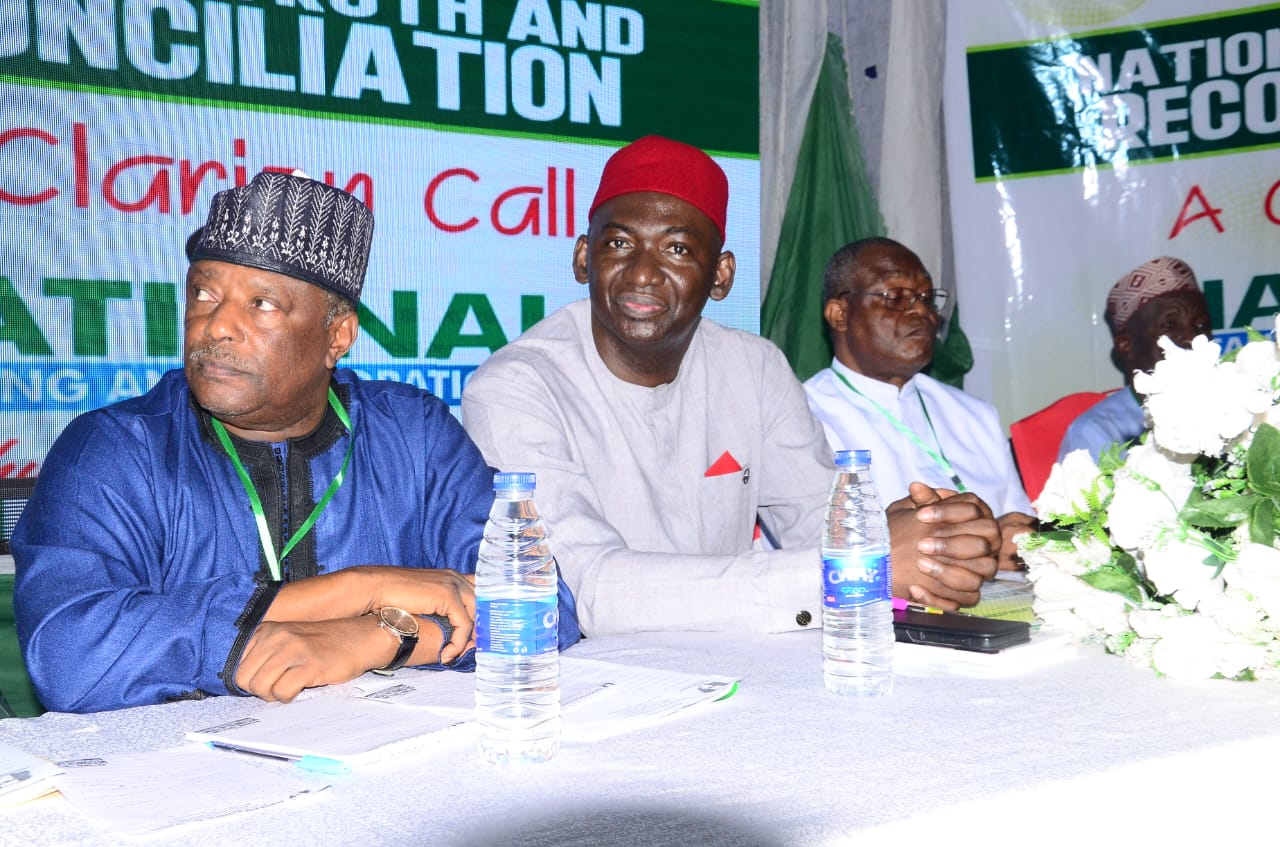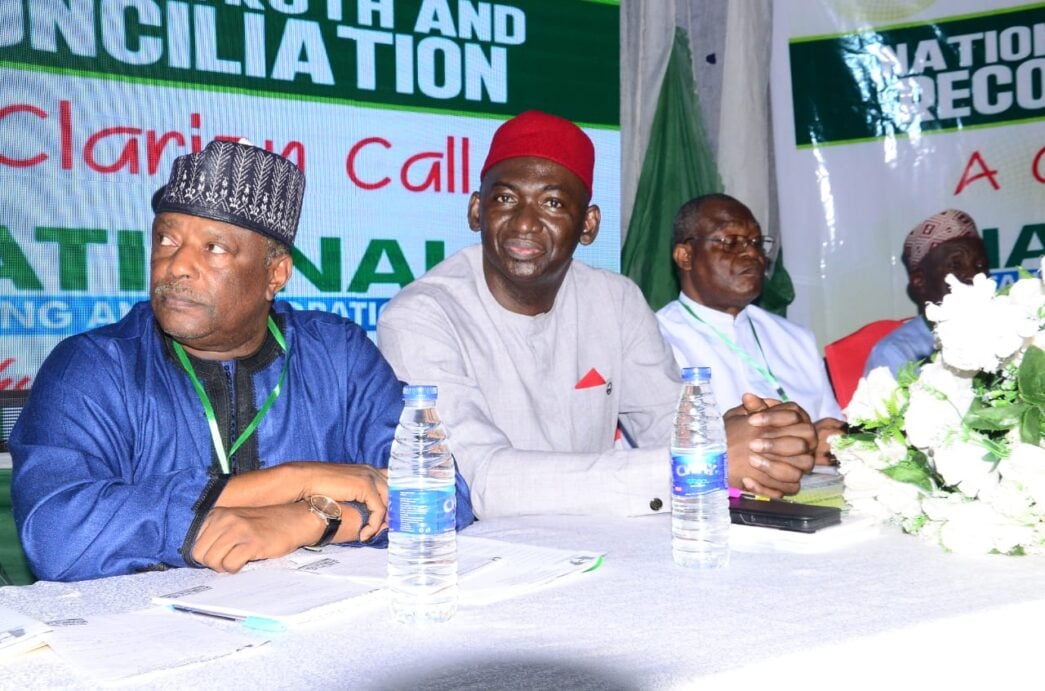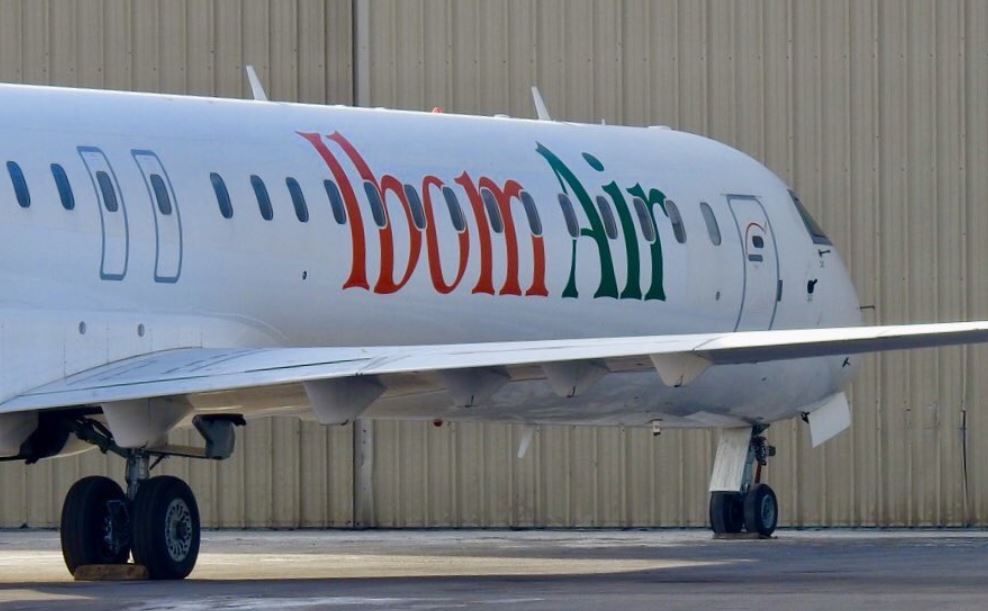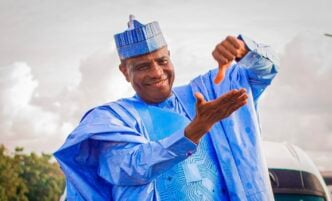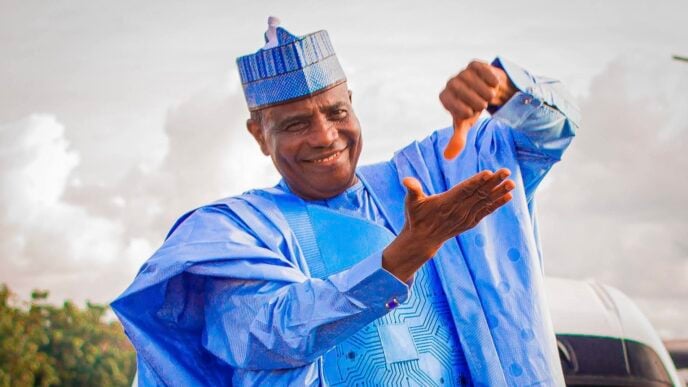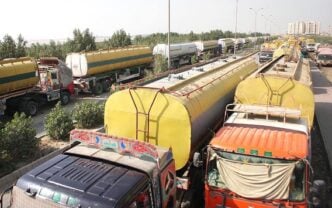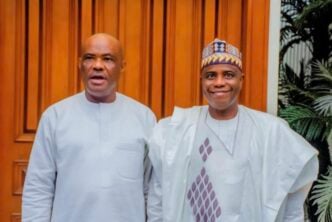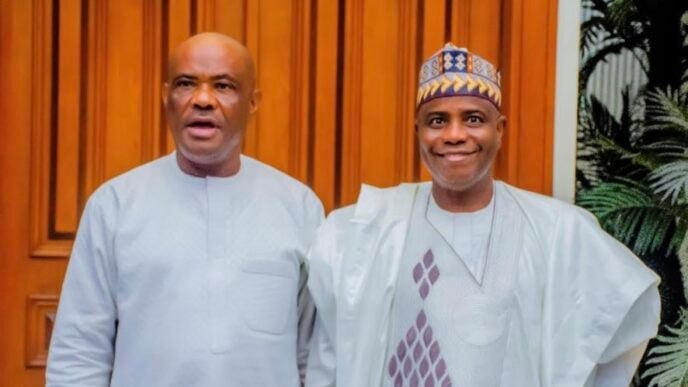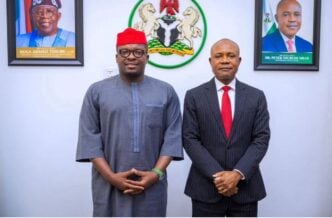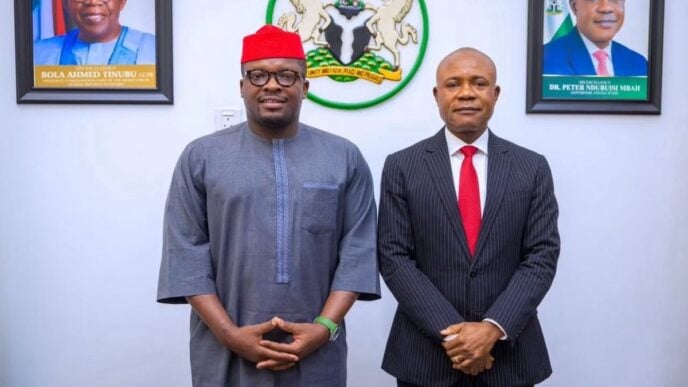The Forum for National Restoration has launched the National Reconciliation and Restoration Movement to address divisions rooted in the Nigerian civil war.
The movement, unveiled at a summit in Abuja, has as its members: Afenifere, the Northern Elders Forum, Ohanaeze Ndigbo, the Igbo Elders Consultative Forum, the Pan Niger Delta Forum, and the Ijaw National Congress.
Other member groups include the Nigerian Labour Congress (NLC), National Council for Women Societies (NCWS), National Youth Council of Nigeria (NYCN), National Youth Parliament (NYP), Jama’atu Nasril Islam (JNI), the Nigeria Inter-Religious Council — comprising the Christian Association of Nigeria (CAN) and the Nigerian Supreme Council for Islamic Affairs (NSCIA) — and the Nigerian Institute of Public Relations (NIPR), among others.
In a communiqué released after the meeting, the group said the initiative aims to address the scars of the coups and civil war that “have continued to divide and hold the nation back”.
Advertisement
“The national process will unfold in two stages: first, a conference to establish and verify the facts of the events; and second, a reconciliation stage where leaders from all regions will publicly commit to forgiveness and unity. Every activity will be anchored on truth, objectivity, respect for religion and ethnicity, dignity of all parties, and strict non-political engagement,” the communiqué reads.
“The participants agreed that there will be a committee of the whole house known as the National Reconciliation and Restoration Committee, involving all the members, and shall be divided into sub-committees to spread responsibilities, such as Contact and Mobilisation, Finance, Youth Research/Review, Strategy/Planning, and Media/Publicity.
“The movement unanimously denounced military intervention as an illegitimate means of governance, stressing that only lawful processes should address grievances.
Advertisement
“Research publications will be launched to document and clarify contested historical narratives. In between conferences, elders will embark on symbolic visits to regions scarred by past violence to demonstrate unity in action.”
D.N. Okechukwu, convener and chairman of the Forum for National Restoration, described the initiative as a patriotic mission.
“Nigeria cannot continue to stumble forward under the weight of unresolved pain and distrust. This movement is about truth, reconciliation, and restoring our nation to her rightful place of glory. The time has come for honest dialogue, forgiveness, and the courage to heal,” he said.
A.B Mamman, the movement’s patron, sought support from the government, saying reconciliation without state backing risks remaining a mere aspiration
Advertisement
“This is not about reopening old wounds but about stitching them up properly so that they do not continue to bleed. If Nigeria must become the nation we dream of, then we must summon the courage to face our past, forgive one another, and move forward together,” Mamman said.
Yakubu Gowon, former military ruler, launched the three Rs programme — reconstruction, rehabilitation and reintegration — to heal and rebuild the country after the civil war, which lasted from July 6, 1967, to January 13, 1970. However, debates persist that genuine healing has yet to take place.
